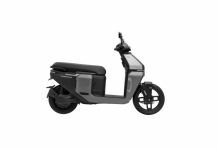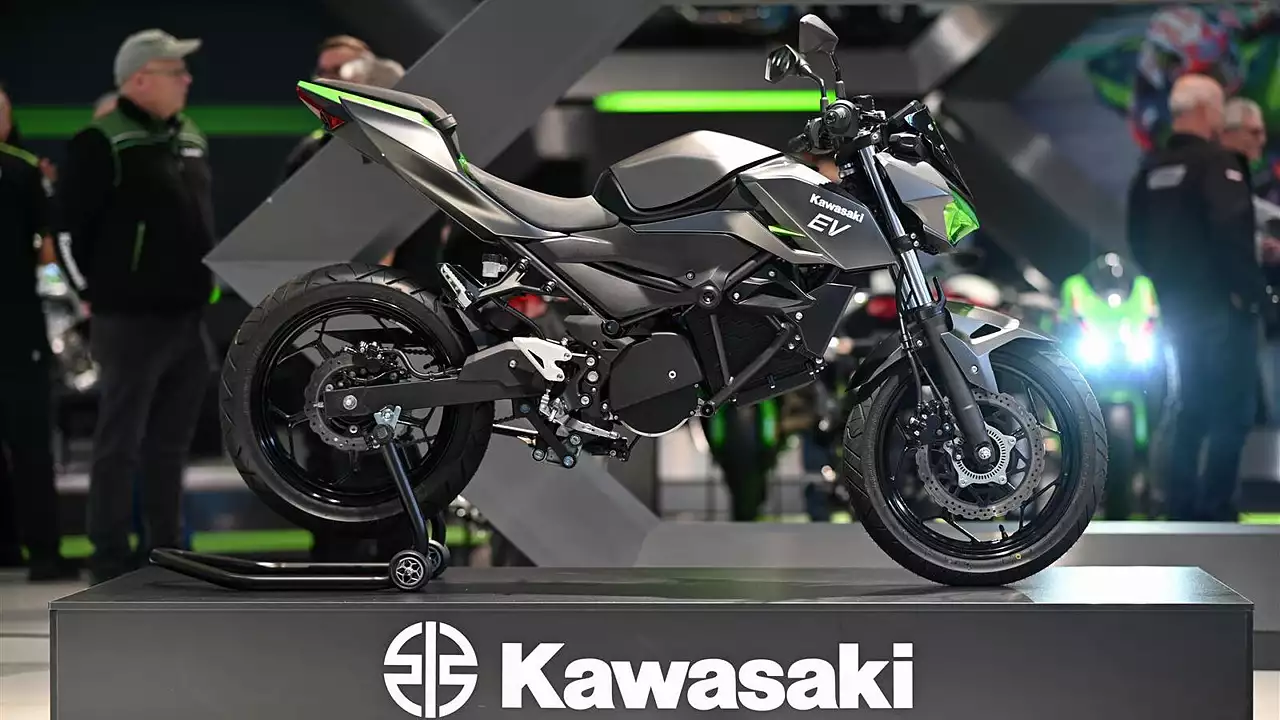The New Hyundai Creta EV’s
The Hyundai Creta EV, launching in 2025, is set to enter the mass-market EV segment, positioned below the Kona Electric. It aims to compete with the MG ZS EV and Maruti eVX. The Creta EV is expected to feature a 45 kWh battery pack from LG Chem, slightly smaller than its rivals.
It will likely use the same electric motor as the Kona Electric, delivering 138 BHP and 255 Nm of torque. Designed to balance affordability, range, and performance, the Creta EV targets a broad customer base, aligning with global trends towards sustainable mobility and Hyundai’s strategy to expand its EV portfolio.
Electric Vehicles India
Hyundai is indeed preparing to make a significant entry into the mass-market electric vehicle (EV) segment with the introduction of the Creta EV, slated for 2025. This move aligns with the increasing global shift towards electric mobility. The Creta EV is expected to be a pivotal model for Hyundai, particularly in competitive markets like India, where the demand for efficient and affordable EVs is on the rise.
2025 EV Models
Summary of Hyundai Creta EV news
Market entry:
- Hyundai is entering the mass-market EV segment with the Creta EV in 2025.
- Positioned below the Kona Electric.
- Competing with the MG ZS EV and the upcoming Maruti eVX.
Specifications:
- We expect to get a 45 kWh battery from LG Chem.
- Smaller battery pack compared to rivals:
- Maruti eVX: 48 kWh and 60 kWh options.
- MG ZS EV: 50.3 kWh.
- Electric motor:
- Same as Kona Electric.
- Front-mounted.
- 136 BHP and 255 Nm.
45 kWh Battery Pack
The Creta EV will be positioned below the Kona Electric in Hyundai’s lineup. Its market positioning indicates it will be a more affordable option, aimed at a broader consumer base. This strategic placement will enable Hyundai to tap into a segment that’s gaining momentum, especially with increasing environmental consciousness and government incentives for EV adoption.
According to reports, the Creta EV is likely to be equipped with a 45 kWh battery pack sourced from LG Chem. This battery size places the Creta EV in a competitive spot in its segment. It’s noteworthy that this battery capacity is smaller than some of its key rivals, like the MG ZS EV, which uses a 50.3 kWh unit, and the upcoming Maruti eVX, expected to offer 48 kWh and 60 kWh options. However, it does surpass the Nexon EV’s 40.5kWh battery for the long-range variant.
Affordable Electric Cars
In terms of powertrain, the Creta EV is reported to use the same electric motor that powers the Kona Electric. This motor, positioned on the front axle, is capable of delivering 138 BHP and 255 Nm of torque. Such specifications suggest that the Creta EV will not only be competitive in terms of range but also performance, catering to consumers who prioritize driving dynamics alongside environmental friendliness.
The launch of the Creta EV is part of Hyundai’s broader strategy to strengthen its foothold in the EV market. The company is expected to unveil the Creta EV globally in the second half of 2024, with sales commencing in India by early 2025. This timeline aligns with the growing demand for EVs in India and worldwide, positioning Hyundai well to capitalize on this trend.
Maruti eVX Competitors
The Hyundai Creta EV, expected to launch in 2025, presents several key aspects for analysis:
- Market Positioning: Positioned below the Kona Electric, the Creta EV targets the mass-market segment. This strategic positioning enables Hyundai to attract a wider customer base, particularly those looking for an affordable entry into the EV market. Its direct competitors will be the MG ZS EV and the upcoming Maruti eVX, which are notable players in this segment.
- Battery Capacity and Range: With a 45 kWh battery pack sourced from LG Chem, the Creta EV is set to offer a balance between range and efficiency. While smaller than the MG ZS EV’s 50.3 kWh and the expected 48 kWh and 60 kWh options of the Maruti eVX, it still surpasses other competitors like the Nexon EV. This battery size could potentially offer a competitive range, making it suitable for urban commuting and short to medium-range travel.
- Performance Specifications: The Creta EV is expected to use a motor similar to the one in the Kona Electric, delivering 138 BHP and 255 Nm of torque. These specifications suggest a vehicle that is not only efficient but also capable of delivering a dynamic driving experience, which is a significant factor for many EV buyers.
- Timing and Global Trends: The anticipated global unveiling in the second half of 2024 and Indian launch in early 2025 align with the increasing global shift towards electric mobility and the growing demand for EVs in India. This timing places Hyundai in a favourable position to capitalize on these market trends.
- Competitive Analysis: Hyundai’s entry into this segment indicates a strong competitive strategy. By offering a potentially more affordable EV with decent performance and range, Hyundai could capture a significant market share, especially in emerging markets like India, where there is a high demand for cost-effective and efficient EVs.
- Sustainability and Brand Perception: The launch of the Creta EV is in line with the global automotive industry’s shift towards sustainability. This move could enhance Hyundai’s brand perception as a forward-thinking and environmentally responsible company.
Pros and Cons of Hyundai Creta EV
| Pros | Cons |
|---|---|
| Affordable price point | Smaller battery pack compared to rivals |
| Good range for city driving | Slower charging times |
| Spacious interior | Limited range for long-distance travel |
| Familiar design | Competition from established players |
Sustainable Mobility India
Conclusion
The Creta EV represents a significant strategic move by Hyundai in the EV market. Its competitive pricing, performance, and timing are poised to make it a strong contender in the growing global demand for electric vehicles.
Overall, the Creta EV represents Hyundai’s commitment to expanding its EV portfolio and offering more sustainable mobility solutions. Its competitive positioning, coupled with Hyundai’s reputation for quality and value, could make it a compelling choice for consumers looking to transition to electric vehicles.
If you’re interested in the evolving electric vehicle market, particularly the upcoming Hyundai Creta EV, here are some actions you might consider:
- Stay Informed: Regularly check automotive news platforms and Hyundai’s official channels for the latest updates on the Creta EV. Websites like Autocar India, Team-BHP, and Electric Vehicle Web often provide detailed insights.
- Test Drive and Experience: Once the Creta EV is launched, schedule a test drive to experience its features and performance firsthand. This will give you a better understanding of its capabilities compared to its competitors.
- Compare with Competitors: Compare the Creta EV’s specifications, pricing, and features with its key competitors, the MG ZS EV and Maruti eVX, to assess its value proposition in the market.
- Connect with Dealerships: Engage with local Hyundai dealerships for information on booking, availability, and any promotional offers for the Creta EV.
- Evaluate Financial Incentives: Investigate any government subsidies or incentives available for EV purchases in your region, which can make the Creta EV a more attractive option.
- Join Online Forums and Communities: Participate in online automotive forums and social media groups focused on EVs to gain insights from existing owners and experts.
- Plan for Charging Infrastructure: If you’re considering purchasing the Creta EV, explore options for installing a home charging station or locate nearby public charging facilities.
Staying proactive in these areas will help you make a well-informed decision regarding the Hyundai Creta EV and its place in the evolving EV landscape.































